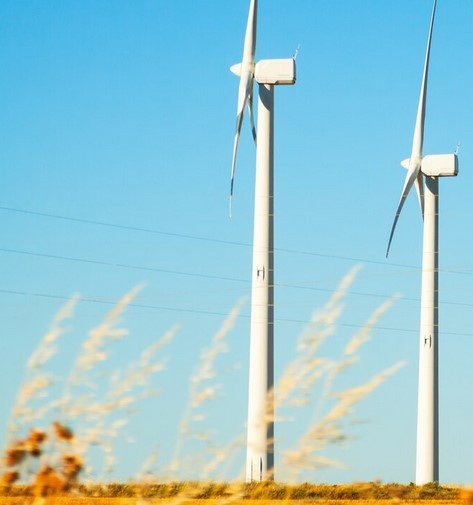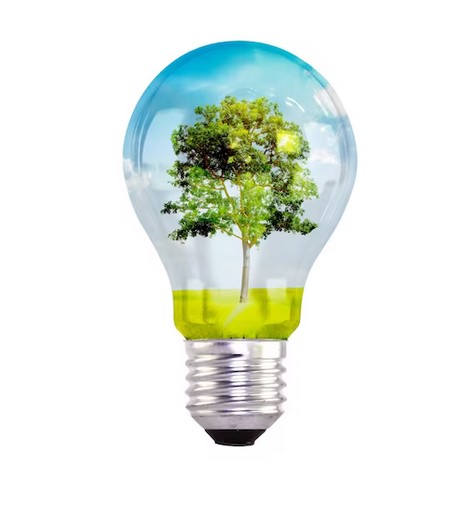Revolutionizing Energy: The Latest in Solar and Wind Renewables
Meet the Innovators Revolutionizing Solar and Wind Renewable Power
Dive into the Latest Solar and Wind Energy Discoveries

Have you had enough of depending on fossil fuels that damage the environment and deplete natural resources? Now is the moment to seize the potential of renewable energy sources and set off on a path to a sustainable future. We will explore the most recent developments in solar, wind, bioenergy, geothermal, and hydropower technologies on this website. We will examine how these cutting-edge energy sources are transforming how we power our world, from utilizing the sun's rays to harnessing the force of the wind.
Concerns about environmental sustainability and climate change are growing, and solar energy is becoming a more appealing practical answer. Imagine a society in which electricity powers our homes, our cars, and our industries—not just as a commodity, but as a renewable and limitless resource. Solar power presents a possible path towards a more environmentally friendly future because of its ability to reduce air pollution and fight greenhouse gas emissions. Moreover, communities and people can take charge of their energy supply thanks to the decentralized nature of solar photovoltaic systems, which lessens dependency on traditional utility corporations and increases resilience to natural disasters and infrastructure breakdowns.
Envision a society in which life is not only supported by the air we breathe, but also powered by it. Here comes wind energy, a sustainable and renewable energy source that produces electricity by using the air's natural flow around us. In today's world, the captivating sight of tall wind turbines gracefully spinning against a background of wide-open spaces or undulating hills has come to represent development. We must investigate the many benefits that wind energy has to offer since we are on the verge of a revolution in the energy sector. Wind energy shows great promise for creating a cleaner, greener future, both in terms of its ability to battle climate change and its potential to strengthen local economies and reduce reliance on fossil fuels.





